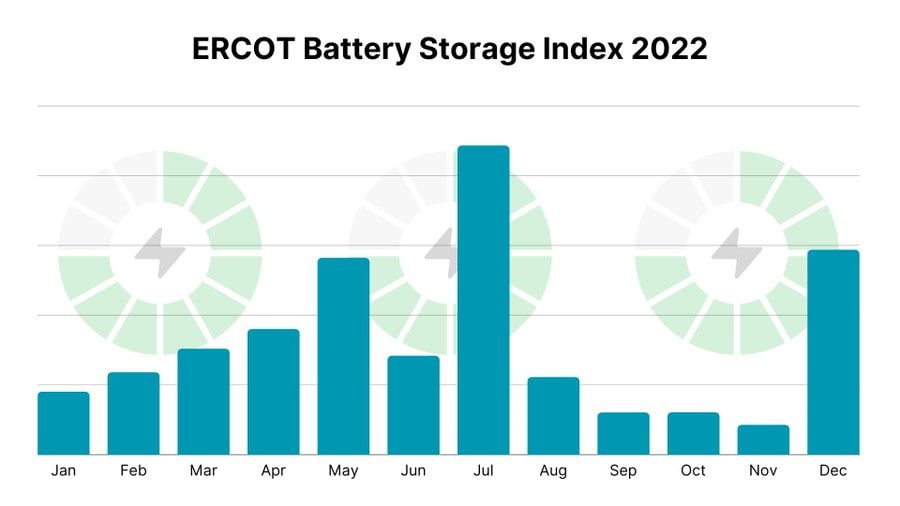
The introduction of investment tax credits (ITCs) for standalone storage and other measures to support clean energy that came with the Inflation Reduction Act (IRA) mean many are betting on the industry enjoying an even more stellar trajectory in the coming years.
However, monetising that energy storage effectively is often a series of ever-more complex transactions and trade-offs. Meanwhile the decarbonisation it can enable is also dependent on charging, discharging and dispatching or consuming the stored energy smartly.
That requires increasingly smart software, with a growing number of providers, from system integrators like Tesla, Wartsila and Fluence that have platforms developed in-house to third parties like Peak Power and Financial Machines, touting optimisation and trading products.
In a recent interview, the head of trading at developer Spearmint Energy voiced a degree of “distrust” at what could be called a ‘black box’, or perhaps a ‘one-size-fits-all’ approach to optimisation.
“Some in the industry suggest that all of this can be handled by algorithms, but in our view some aspects of trading are unknowable. You cannot be proactive about everything; you have to react, you have to make decisions, and that to me is an important aspect of trading,” Nick Dazzo told Energy-Storage.news.
Nonetheless, software can be a fairly high margin business, and in other markets such as the UK, battery assets are increasingly being put in the hands of specialist optimisation providers, which are becoming increasingly sophisticated at what they do.
Peak Power gets Greenbacker’s backing
Ontario, Canada-headquartered Peak Power said last week that it had successfully closed a US$35 million financing deal with sustainable infrastructure investor Greenbacker Capital Management.
The tech company’s platform, called Peak Synergy, optimises battery storage, electrification equipment at commercial and industrial (C&I) buildings and other facilities, and electric vehicles (EVs). It basically does this by predicting when peaks will occur in energy demand and reducing the draw of power from the grid accordingly.
Its emphasis is on the C&I segment, enabling greater consumption of renewable energy and energy bill management through peak shaving. It currently has around 150MWh of EV and battery storage assets under management in Canada and the US.
Peak Power said the fresh financing will enable it to scale up operations and market entry in the US and noted that the IRA’s incentives are a strong driver of that interest. Within that growing energy storage market, C&I has been the smallest segment and the slowest to grow. Wood Mackenzie said earlier this year that while that is expected to continue being the case, it predicted that by 2027 annual C&I installations in the US will rise to about 1.4GW.
The company appears to be pretty good at finding financial backing: in February it closed a US$200 million finance deal with C&I distributed energy development and investment group Madison Energy Investments (MEI).
‘Financial operating system’ for battery storage launched
Financial Machines meanwhile has launched an optimisation platform called BatteryOS aimed more at standalone and co-located BESS assets.
Described by the company as a “financial operating system”, BatteryOS optimises BESS management through revenue forecasting and financial modelling, which Financial Machines claimed is based on its team’s trading and risk management experience.
It claimed that the software can create complex valuations of an asset’s business case over 25 years in just a few minutes, configured to the rules of market participation in the US’ network of regional transmission organisations (RTOs) and independent system operators (ISOs).
In other words, it is aimed at simplifying the complex decision-making process of configuring a BESS or co-located renewable-plus-storage asset, and is designed to cope with complex data sets, with a customisable user visualisation interface.
Energy-Storage.news’ publisher Solar Media will host the Renewable Energy Revenues Summit on 6-7 June 2023 in London. The event will explore PPA structuring, revenue risk management strategies, renewable energy certificates, and much more. For more information, go to the website.


